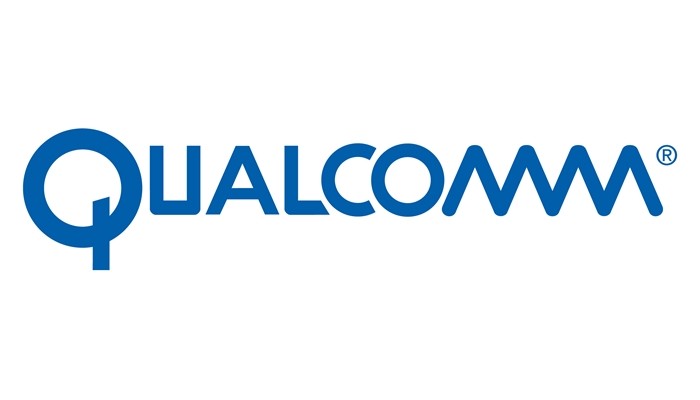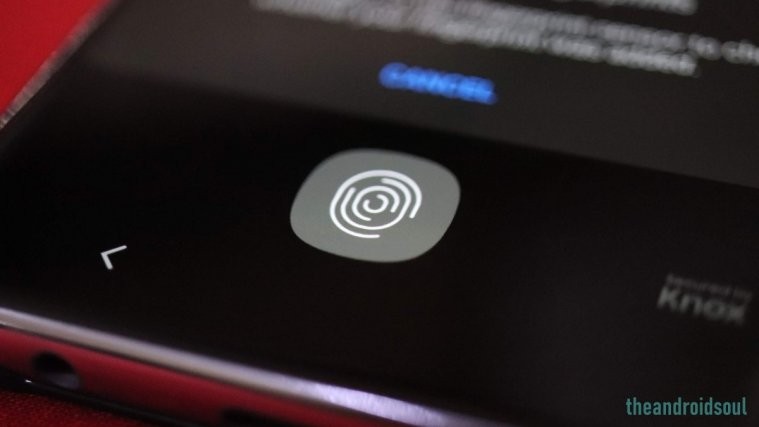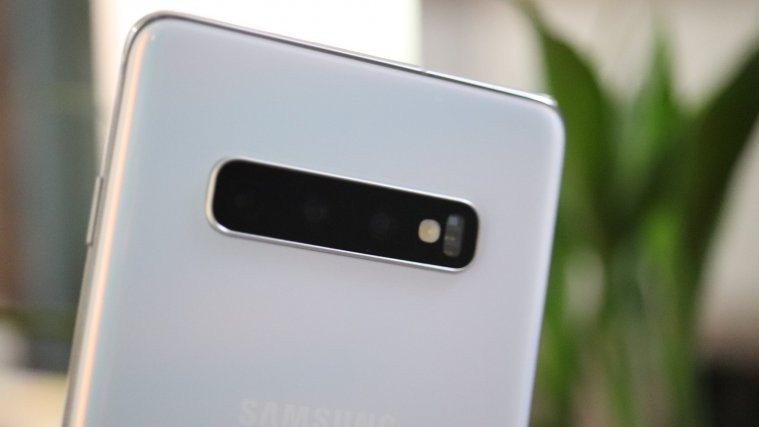Qualcomm has announced its next generation of Fingerprint Sensors at Mobile World Congress Shanghai 2017. The new sensor, which is a successor to the previous generation Qualcomm® Snapdragon Sense™ ID fingerprint technology brings new and enhanced features.
The new Ultrasonic Fingerprint Sensors work underwater besides being capable of scanning through display, glass, and metal. In addition to that, the new ultrasonic fingerprint sensors are the first commercially announced sensors capable of detecting heartbeat and blood flow for improved and enhanced mobile authentication.
Further, the new sensors support directional gestures i.e. by moving your finger around the fingerprint sensor you can control different software activities of your phone besides authentication.
Check out: How to wirelessly sync files between PC and Android on a local network without internet
The new Fingerprint sensor for display, which is capable of scanning through 1200um of the display, is the mobile industry’s first commercially announced multi-functional ultrasonic sensor. While Fingerprint Sensors for Glass will scan through up to 800 µm of cover glass, Fingerprint Sensor for Metal will scan up to 650 µm of aluminum.
Talking about compatibility, the new generation scanners will not only work with devices running on Snapdragon processor but on non-Snapdragon Platforms as well. While Sensors for Glass and metal are compatible with recently launched Snapdragon 660 and 630 platforms and future Snapdragon Mobile Platforms and non-Snapdragon platforms too, the Fingerprint Sensors for Display are compatible with future Snapdragon Mobile Platforms and non-Snapdragon platforms only.
About the availability, the Fingerprint sensor for Glass and Metal will be available to OEMs this month and since they are compatible with 660 and 630 Snapdragon platforms, they will debut in mobile devices in the first half of 2018. On the other hand, Qualcomm Fingerprint Sensor for Display will be available for OEMs to evaluate in the fourth quarter of 2017.
Source: Qualcomm






